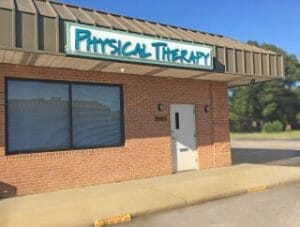
As explained by the American Physical Therapy Association (APTA.org March 2020), evidence based practice includes the integration of best available evidence, clinical expertise, and patient values and circumstances related to patient and client management, practice management, and health policy decision-making.
Best Available Evidence: Although evidence-based practice encompasses more than just applying the best available evidence, many of the concerns and barriers to using evidence-based practice revolve around finding and applying research.
Clinician’s Knowledge and Skills: The physical therapist and physical therapist assistant’s knowledge and skills are a key part of the evidence-based process. This personal scope of practice consists of activities undertaken by an individual physical therapist that are situated within a physical therapist’s unique body of knowledge where the individual is educated, trained, and competent to perform that activity. Using clinical decision-making and judgment is key.
Patient’s Wants and Needs: The patient’s wants and needs are a key part of evidence-based care. Incorporating a patient’s cultural considerations, needs, and values is a necessary skill to provide best practice services.

